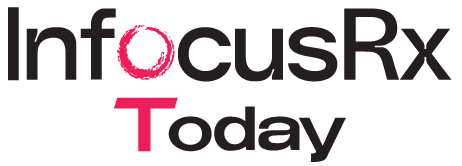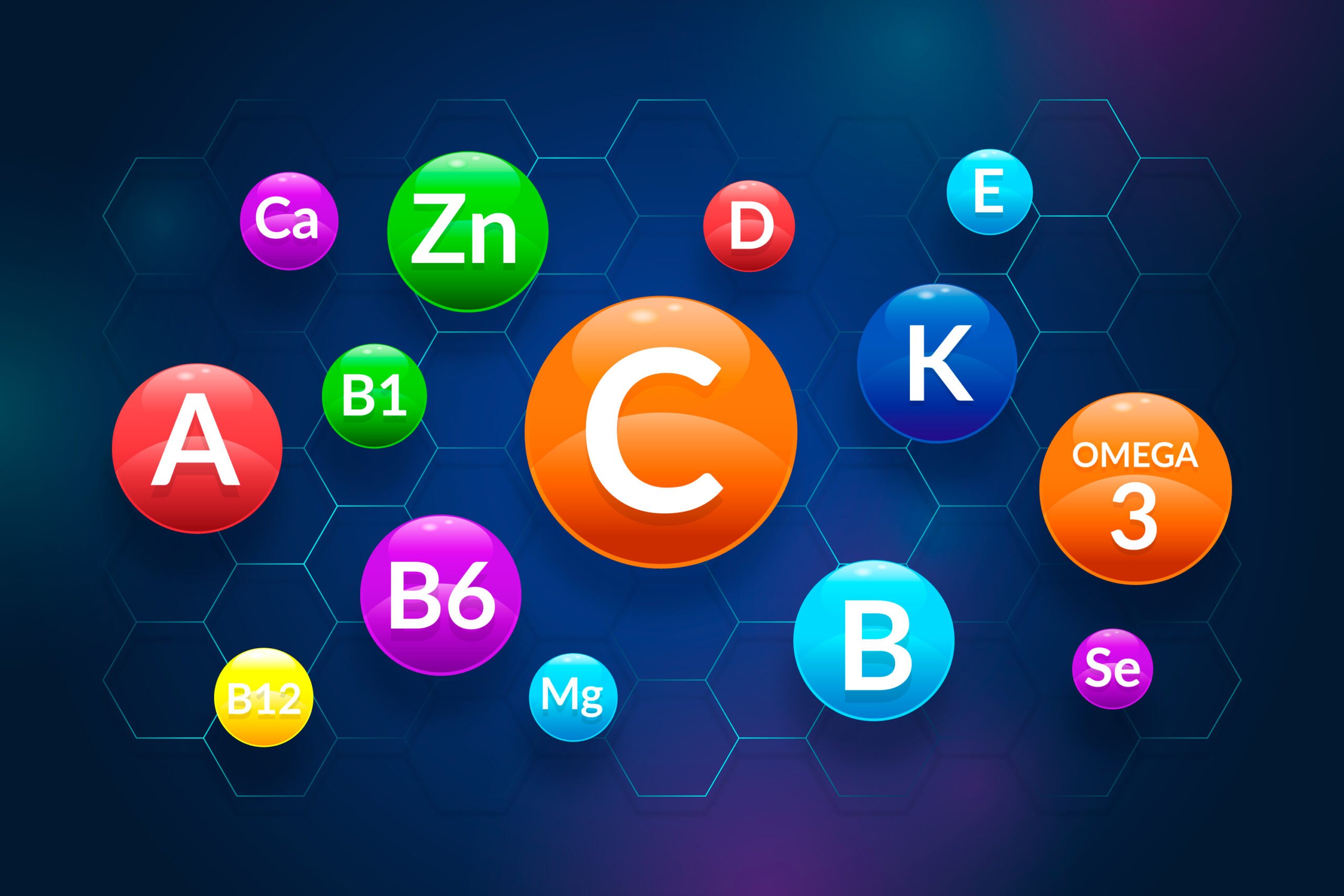Our bodies function nonstop, performing one or more actions, some of which we are aware of (e.g., behaviour, intention, learning, etc.), while others occur without our knowledge (e.g., breathing and your heart beating). All actions require energy, which we obtain from the food we consume. In addition to energy, our body needs certain substances that help in the proper growth and development of our body. These substances, called vitamins and minerals, are needed in very small amounts; therefore, we can derive them from our food. Supplements are also available for people whose daily needs for vitamins and minerals cannot be met through food. A good understanding of these supplements is important before buying them from the pharmacy.
Vitamins
The word vitamin was derived from ‘vital amines’, and it was coined by the biochemist from Poland, Casimir Funk. The importance of taking vitamins and minerals in our daily diet is known to us today because of the extensive research done by various biochemists and physiologists in the early 19th century. Vitamins are substances that are organic in nature and are derived from plants or animals. They aid in the healthy functioning of the body. Vitamins help strengthen the immune system and help in the growth and development of the body. We derive our daily vitamins from the foods that we eat, but certain foods have more vitamins than others.
Types of Vitamins
The vitamins are mainly of two types: water-soluble and fat-soluble.
Water-soluble vitamins
Vitamin B complexes consisting of riboflavin, niacin, folate, B6 and B12, and vitamin C are called water-soluble vitamins, as they need to dissolve in water before absorption into the body. These vitamins cannot be stored in the body, and if they are not used by the body, they are excreted out through urine. The B complex vitamins help the body make energy from the food you eat and also help in the formation of red blood cells. They are found in foods like meat, eggs, poultry, fish, dairy products, green leafy vegetables, peas, and beans. Vitamin C helps in absorption of iron in the body and also helps in the healing process of tissues. It is also an antioxidant, which means it protects the cells against the harmful effects of free radicals. Free radicals are molecules that are produced due to factors like radiation, tobacco smoke, or when food is broken down by the body. Good sources of vitamin C are citrus fruits, tomatoes, broccoli, and green and red peppers.
Fat-soluble Vitamins
The vitamins A, D, E, and K can be dissolved in fat and stored in the body. Hence, they are called fat-soluble vitamins.
- Vitamin A: Vitamin A is an antioxidant. It helps in proper bone growth, reproduction, cell functions, strengthening the immune system, and good vision. Vitamin A is found in colourful vegetables and fruits like carrots, sweet potatoes, cantaloupe, liver, and green leafy vegetables.
- Vitamin D: Vitamin D aids in the proper development of bones and aids in calcium absorption. Vitamin-rich foods are liver, saltwater fish, egg yolks, milk, and cereal.
- Vitamin E: Vitamin E acts as an antioxidant, helps in metabolic processes in the body, and strengthens the immune system. It protects the lungs from getting damaged by pollution and aids in the formation of red blood cells. Foods that contain vitamin E are nuts, seeds, egg yolk, sardines, wheat, oats, and green leafy vegetables.
- Vitamin K: Vitamin K is needed for blood clotting and healthy bones. The foods that contain Vitamin K are dairy products like milk, broccoli, green leafy vegetables, and soybean oil.
Minerals
The body needs minerals for performing functions like regulation of heartbeat, bone formation, and making hormones. There are two types of minerals: macrominerals and trace minerals. The macrominerals are required by the body in larger amounts, and they are sulphur, chloride, potassium, calcium, phosphorous, magnesium and sodium. Trace minerals are needed by the body in small amounts, and they are iodine, zinc, cobalt, fluoride, selenium, iron, and manganese. Foods that supply minerals to the body are milk, yogurt, dairy products, soya beans, oatmeal, wholesome grains, vegetables, fruits, nuts, pulses, eggs, meat, and fish.
Vitamin and mineral supplements
If you are eating a variety of foods that supply all the vitamins and minerals, you do not need vitamin and mineral pills. Supplements are recommended only when your body is not getting enough vitamins and minerals from the food you eat. In the case of pregnant women, breastfeeding women, and women with heavy menstrual flow, dietary supplements are advised as the body will need more vitamins and minerals in such cases. In diseases of the gall bladder, liver, intestine, and pancreas, the body will not be able to absorb the vitamins and minerals from the food properly. In such conditions, vitamin supplements are recommended. Before taking any supplements, you must consult your doctor. If you are pregnant, nursing your baby, diabetic, have high blood pressure, or have undergone any surgery and are taking other medications, you must consult your doctor before taking any vitamin and mineral pills, as they can be harmful if taken without a doctor’s advice.
Side effects of vitamin and mineral pills
Multivitamin overdose can cause harmful side effects like cloudy, frequent urination, eye irritation, rapid, irregular heartbeat, joint and muscle pain, seizures, fainting, headache, irritability, rash, hair loss, constipation, diarrhoea, and weight loss. Vitamin poisoning is known as hypervitaminosis.
Keeping nutritional deficiencies at bay
Around 500–400 BC, warriors and athletes consumed dietary supplements in the form of the lion’s heart and liver of a deer to make them brave like lions and swift like deer. In ancient Egypt, to cure night blindness, which is caused by a deficiency of vitamin A, the patient was asked to consume liver. Studies show that the liver contains vitamin A. By eating a balanced diet containing all the vitamins and minerals needed for the body, we can keep nutritional deficiency problems at bay!



